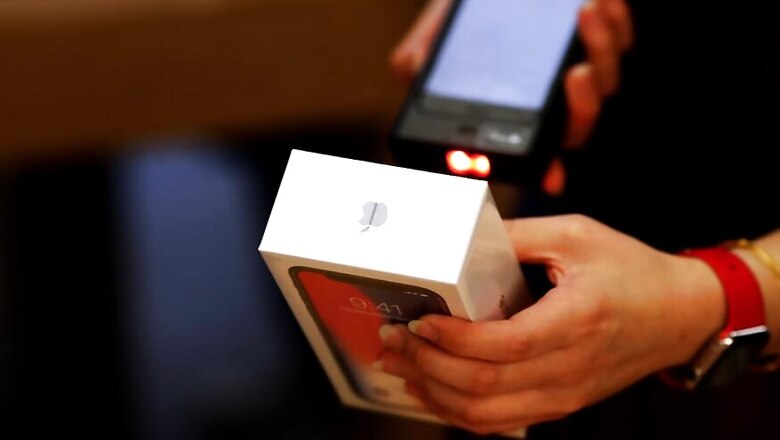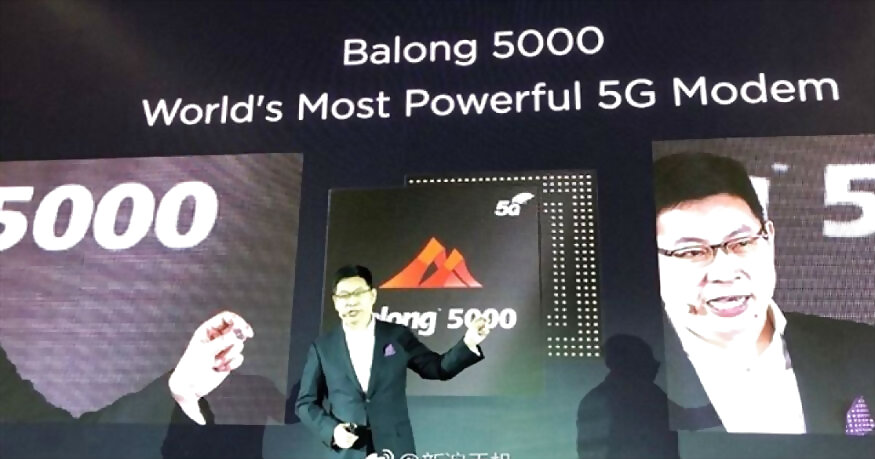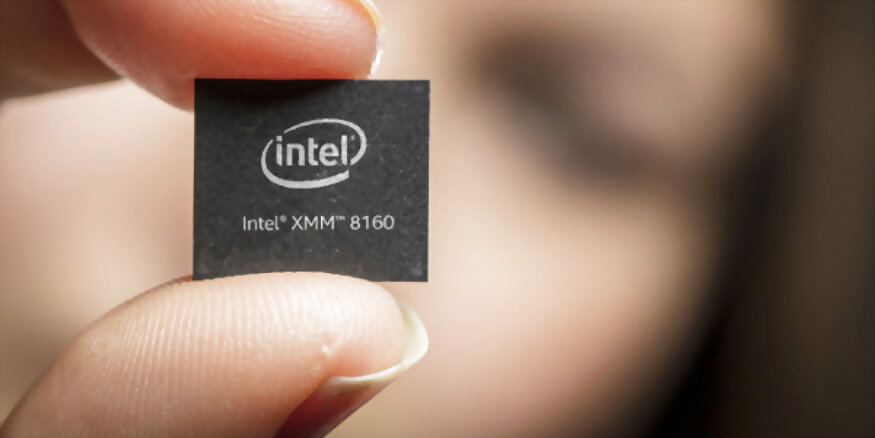
views
As smartphone manufacturers gear up their 5G deployment plans in the quest to be ahead, or at least at par with the competition, Apple finds itself in a bit of a spot at the moment. Samsung, Apple’s most notable rival for the longest time, has already released a 5G variant of its Galaxy S10 flagship, using Qualcomm’s X50 modem to deliver ultra-fast gigabit-class internet speeds. Apple, on the other hand, has very openly fallen out with Qualcomm over patent infringement and royalty issues. As a result, they opted for Intel, from whom they have been sourcing their connectivity chips, for a while.
However, with Intel’s XMM 8160 5G connectivity chip clearly not being ready in time for 2019 (and largely doubtful for 2020), Apple is in a fix, and risks falling behind the competition by nearly two years. Given the situation, an unlikely candidate has emerged to become possibly the only feasible supplier of 5G chips for Apple’s iPhones — Huawei. An Engadget report has quoted a source apparently close to the development, revealing the Apple may be presently mulling over the possibility of using the Huawei Balong 5000 5G modem in its phones.

The move is unusual for multiple reasons. For one, Huawei does not really look at its chipset and semiconductor business as a revenue path, and instead uses components mad by its wholly owned subsidiary, HiSilicon, only in its own devices, distributed under the Huawei and Honor brands. Furthermore, there is considerable tension in the air between the United States of America and Huawei, following the trade war between USA and China, and the US government banning the use of Huawei-made network components from federal usage under suspicion of deliberate espionage. This factor itself makes it questionable if Apple, an American company that plays a pivotal role in Silicon Valley, would really partner with Huawei to supply its core network component that will presumably power primary connectivity of iPhones in the immediate future.
Apple, it is important to note, also demands some sort of exclusivity over its use of components from a manufacturer. For instance, Intel, which is said to be readying the 7nm-build XMM 8160 5G carrier aggregator modem has been required to sign an agreement with Apple that gives the iPhone-maker clear, exclusive rights to all of the first batch of these modems. On the other hand, Huawei has already announced that its foldable smartphone, the Huawei Mate X, is 5G-compliant, and will run on the Balong 5000 modem when it eventually launches commercially. Hence, while getting Apple’s business is indeed a lucrative offer, it seems unlikely that Huawei will postpone plans for its own device (and that too such an important one) in order to supply a company that it is trying to upstage.

Alongside these factors, there is the small matter of Apple having reportedly begun its own procedures of making its own 5G modem, with some reports across the internet claiming nearly 1,200 engineers working on a top-secret modem project at Apple. If it does make its own connectivity chip eventually, any similarities in the design and deployment of the chips will possibly lead to yet another lawsuit for Apple with yet another chipset maker and supplier. Evidently, no company would wish to face the same song, twice.
As of now, it remains unclear if this is mere speculation, or if Apple is indeed in touch with Huawei to get hold of 5G modems, before it falls behind by two years in rolling out a flagship smartphone with 5G connectivity. Qualcomm has reportedly refused to supply chips to Apple, Intel is well behind schedule even though it states that the first engineering sample of the modem will be supplied later this year, and Apple’s own fabrication process is going to take a while. After all, a chipset was never built in a today.
Would Huawei be the kind benefactors of this situation, then? Despite sounding as improbable as anything, we cannot quite rule this possibility out.


















Comments
0 comment